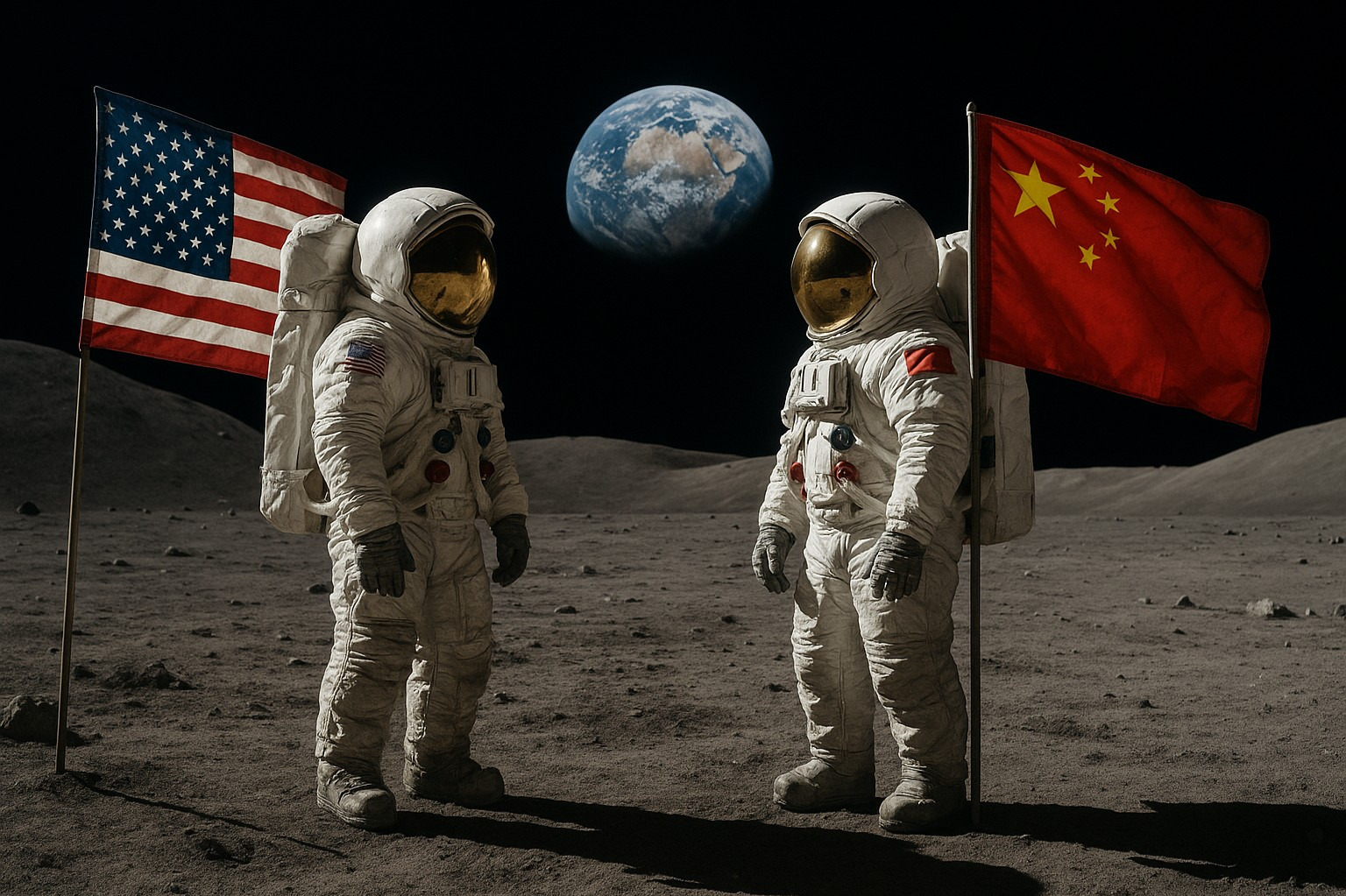
In announcing the Apollo lunar landing mission nearly 65 years ago, President John F. Kennedy said, "We choose to go to the Moon... not because it's easy but because it is hard."
Our ability to safely land Americans on the Moon and return them to Earth defined our nation, our leadership, global prominence, and the ability of democracy to accomplish great things.
It is time for Act Two.
The 21st-century race to return earthlings to the Moon makes the Kennedy era appear quaint: the stakes today extend far beyond national pride. The United States must prioritize returning to the Moon before China, to secure strategic advantages here on Earth for generations to come.
As it did during the days of the first space race, lunar leadership translates directly into technological and economic dominance on our home planet. In addition, the nation that establishes the first sustainable lunar presence will set the standards for access to space resources, communications and interplanetary sovereignty. Lunar leadership also creates a strategic advantage in mining rare earth elements that have become essential for 21st-century technology. No small surprise that the Chinese have used access to their own rare earth resources as a key bargaining chip with the White House. Scientists believe there are far more on the Moon.
We need to recognize that allowing China to claim lunar primacy would also represent a profound shift in global power dynamics. China's space program is tied to its broader ambitions for global dominance. A Chinese Moon could mean claims that would exclude other nations from access to the Moon or to lunar resources. This scenario would replicate China's earthbound policies and create conflict rather than cooperation.
Equally crucial, American leadership on the Moon reinforces the values of an open society, collaboration, and scientific leadership.
No surprise then that the Trump Administration has just reopened the contract to build the spacecraft designed to land Americans on the Moon. Unhappy with the pace of the current award to SpaceX, NASA's Acting Administrator Sean Duffy told media, "Whatever one can get us there first to the Moon, we're going to take.... I feel pretty confident that with this competition we are going to beat the Chinese."
John F. Kennedy would have approved. Yes, going to the Moon is hard. Let us prove once again that American leadership will conquer that challenge.
Lawrence Kadish serves on the Board of Governors of Gatestone Institute.


